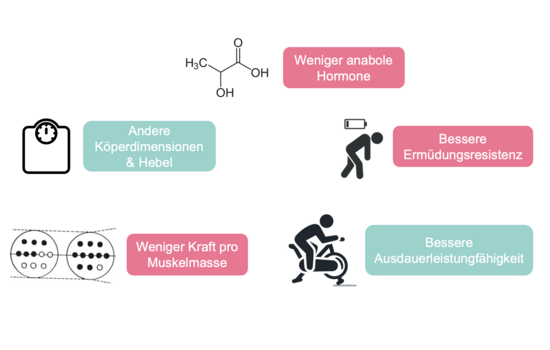Background to the study

Children are not small adults.
Healthy muscles and motor skills are crucial for a lifelong quality of life. Childhood and especially the transition to adolescence are key phases of this muscle development, which forms the basis for participation in various sporting activities. Despite the well-known value of physical activity, the decline in muscle strength in children is alarming and can lead to long-term health problems in adulthood.
Targeted strength training is considered safe and effective and can counteract these problems as it promotes muscle strength, bone density and metabolism, especially during childhood. In addition, the development of motor skills forms the basis for participation in free play and club sports. However, academic findings have shown that children react differently to physical activity than adults. However, these physiological differences are not yet fully understood. Based on research on mainly male adults, training recommendations for children of both sexes have largely been adopted. Our project addresses precisely the question of whether these are sensible and appropriate. In addition, we know little about how physical activity, especially in pre-puberty, affects the further course of life. Therefore, an urgent need passes for a comprehensive study to understand the mechanisms of adaptation and their sustainability in order to develop targeted prevention strategies.
Our Goal

Our project addresses this research gap and investigates the different adaptations of muscles and motor skills through playful strength and coordination training in children, as well as their longitudinal sustainability. We aim to establish a baseline understanding and, for the first time, strong evidence for the effectiveness of strength training in pre-puberty, as well as to track the longevity and participation as children progress through puberty. By disseminating these findings and developing training programs throughout Switzerland, we aim to contribute to the widespread provision of such programs. The results of our project should form the basis for targeted prevention strategies and also provide appropriately trained personnel for these measures. By multiplying our results in this way, we aim to improve the health and quality of life of Swiss children in the long term.
Long story short:
- Neuromuscular, hormonal and structural adaptations of the muscules and motor skills through playful strength training in children
- Evidence of sustainability, effectiveness and effects on health
- Transfer of the findings and establishment of children's strength training
